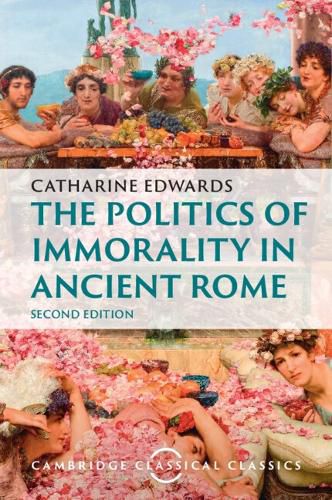Readings Newsletter
Become a Readings Member to make your shopping experience even easier.
Sign in or sign up for free!
You’re not far away from qualifying for FREE standard shipping within Australia
You’ve qualified for FREE standard shipping within Australia
The cart is loading…






The question this book addresses is not how immoral the ancient Romans were, but why the literature they produced is so preoccupied with immorality. The modern image of immoral Rome derives from ancient accounts which are largely critical rather than celebratory. Far from being empty commonplaces, these accusations constituted a powerful discourse through which Romans negotiated conflicts and tensions in their social and political order. This study proceeds by a detailed examination of a wide range of translated ancient texts, exploring the dynamics of their rhetoric, as well as the ends to which they were deployed. Roman moralising discourse, Edwards suggests, may be seen as especially concerned with the articulation of anxieties about gender, social status and political power. This revised edition contains a substantial new Introduction which engages with critical and scholarly developments in the study of Roman culture since the original publication.
$9.00 standard shipping within Australia
FREE standard shipping within Australia for orders over $100.00
Express & International shipping calculated at checkout
The question this book addresses is not how immoral the ancient Romans were, but why the literature they produced is so preoccupied with immorality. The modern image of immoral Rome derives from ancient accounts which are largely critical rather than celebratory. Far from being empty commonplaces, these accusations constituted a powerful discourse through which Romans negotiated conflicts and tensions in their social and political order. This study proceeds by a detailed examination of a wide range of translated ancient texts, exploring the dynamics of their rhetoric, as well as the ends to which they were deployed. Roman moralising discourse, Edwards suggests, may be seen as especially concerned with the articulation of anxieties about gender, social status and political power. This revised edition contains a substantial new Introduction which engages with critical and scholarly developments in the study of Roman culture since the original publication.